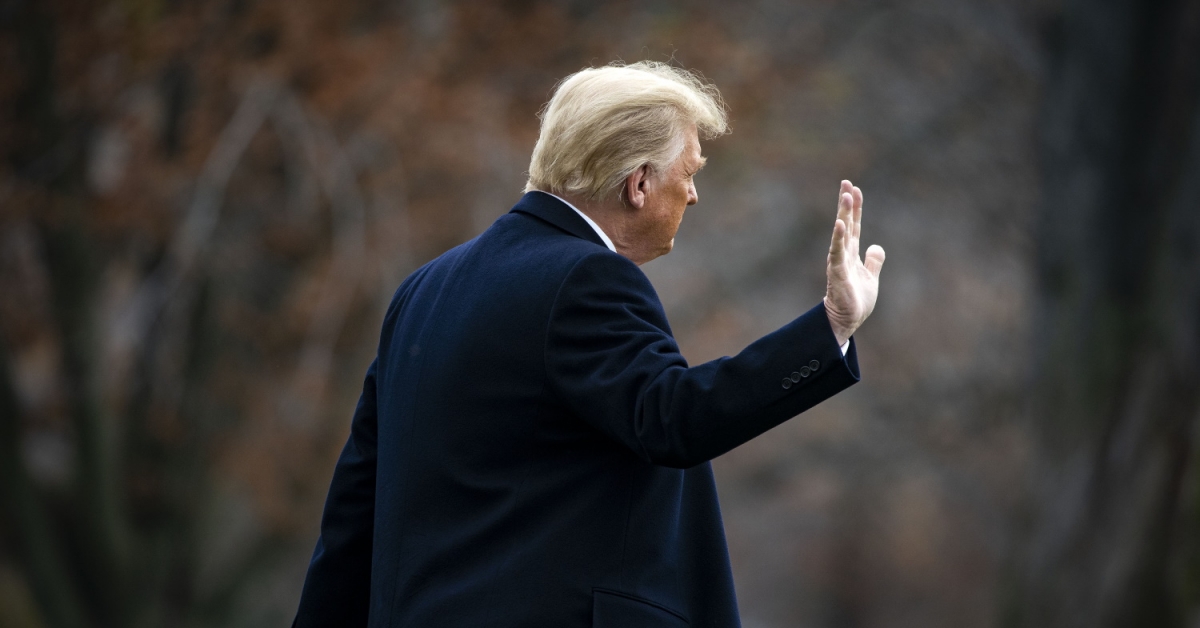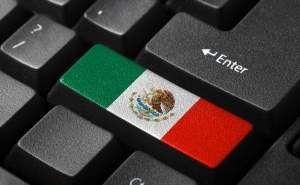Bitcoin ETFs and Wall Street: A Double Milestone
Fifteen years ago today, Hal Finney – cryptographer and the second person other than Satoshi to run the Bitcoin protocol – published a tweet that said, simply, “Running bitcoin.”
Fifteen years ago, in 2009, Bitcoin barely existed.
And yet yesterday it was endorsed as a feature of the global financial landscape by some of the largest investment managers in the world. From nothing to being supported by the likes of BlackRock, Fidelity, Invesco and many others, Bitcoin has undergone what will probably go down in history as one of the most astonishing progressions ever for a new technology.
Noelle Acheson is the former head of research at CoinDesk and Genesis Trading, and host of the CoinDesk Markets Daily podcast. This article is excerpted from her Crypto Is Macro Now newsletter, which focuses on the overlap between the shifting crypto and macro landscapes. These opinions are hers, and nothing she writes should be taken as investment advice.
What’s more, it has done so with no corporation or government entity behind it, no VC money for its operations, no internal PR team. Bitcoin’s community is perhaps not so quiet, but the protocol itself has been remarkably lacking in drama. Running quietly in the background, the asset the network generates has found its way into institutional portfolios and retail holdings around the world, regardless of national boundaries and regulations.
An asset without jurisdiction, without controller, without issuer other than a strip of code is now accepted in the highest echelons of finance, by the largest fund managers in the largest financial market in the world.
In just 15 years. That is an astonishing progression.
Bitcoin doesn’t need Wall Street. Sure, the money doesn’t hurt, but Bitcoin would work just fine without institutional interest.
It’s Wall Street that wants Bitcoin. It doesn’t need Bitcoin, but it wants it. Mainstream validation doesn’t get louder than this.
Many other “alternative” assets without issuer or jurisdiction are also supported by Wall Street. Gold, for instance, was once regarded as a niche investment for “gold bugs” who were generally regarded as being on the fringes of finance (sound familiar?). But, by the time Wall Street figured out how to package exposure to gold to meet investor demand for convenience, gold had been around for millennia. Bitcoin is barely 15 years old.
Yesterday was a big win for Bitcoin. It was a big win for Wall Street
And gold is a natural element, produced by the galactic forces that made the planet we live on. There’s not much due diligence to perform there.
Bitcoin was created by one or more human beings, and yet due diligence other than code revision is not possible since we don’t know who he, she or they are. Never before has Wall Street embraced a man-made asset without putting the creators through intense scrutiny.
That makes yesterday a big day not just for Bitcoin, but also for Wall Street. Trusted financial names with considerable clout have invested resources and reputation in presenting a “rebel” asset to their mainstream client base. They have done so voluntarily, despite regulatory pressure to stay away, because they have done independent research and understood that Bitcoin offers a unique diversification opportunity for their clients.
This validation occurred outside the halls of official power. It occurred in the boardrooms of finance. In a way, Bitcoin has returned power to Wall Street, reaffirming the prerogative of businesses to satisfy client demand, and the right of investors to choose what to do with their money.
Bitcoin helped Wall Street win a battle against limitations on opportunity due to illogical regulatory prejudices. And Wall Street showed that it is not as rigid in its financial thinking as most assume.
Yesterday was a big win for Bitcoin. It was a big win for Wall Street. Perhaps even more important, beyond those two milestones in image transformation, it was a big win for investors.
Edited by Benjamin Schiller.









